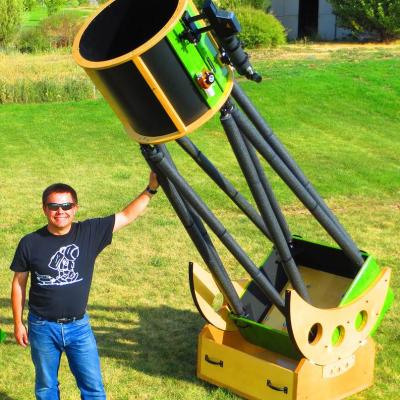Of all the known forces of Nature, gravity plays a singularly important role in the Cosmos --- it is the only force that matters on the mind-bogglingly large scale of the entire Universe. It drives the formation of star systems, it forces stars to ignite nuclear fires in their cores, it keeps galaxies bound together, and it tells the story of the beginning of the Cosmos as well as what it's ultimate fate might be.
 Our modern understanding of gravity is called General Relativity, described by Albert Einstein in 1915. One of the first major astronomical tests of general relativity was the observation of the total solar eclipse by Eddington on 29 May 1919. Since then, we have made remarkable discoveries that build on that early, first test of gravity.
Our modern understanding of gravity is called General Relativity, described by Albert Einstein in 1915. One of the first major astronomical tests of general relativity was the observation of the total solar eclipse by Eddington on 29 May 1919. Since then, we have made remarkable discoveries that build on that early, first test of gravity.
In this talk we'll revisit Eddington's observations and the role they played in cementing our understanding of gravity. We'll then leap forward a century, to the modern day, to talk about how a new kind of astronomy -- gravitational wave astronomy -- is transforming our understanding of the Cosmos, and the role that both professional and amateur astronomers are playing in opening our minds to the Gravitational Universe
Bio:

